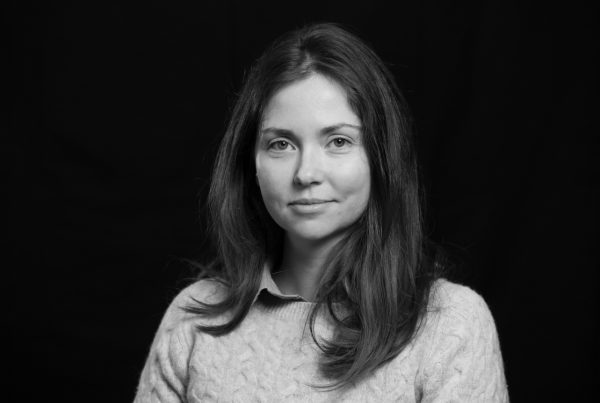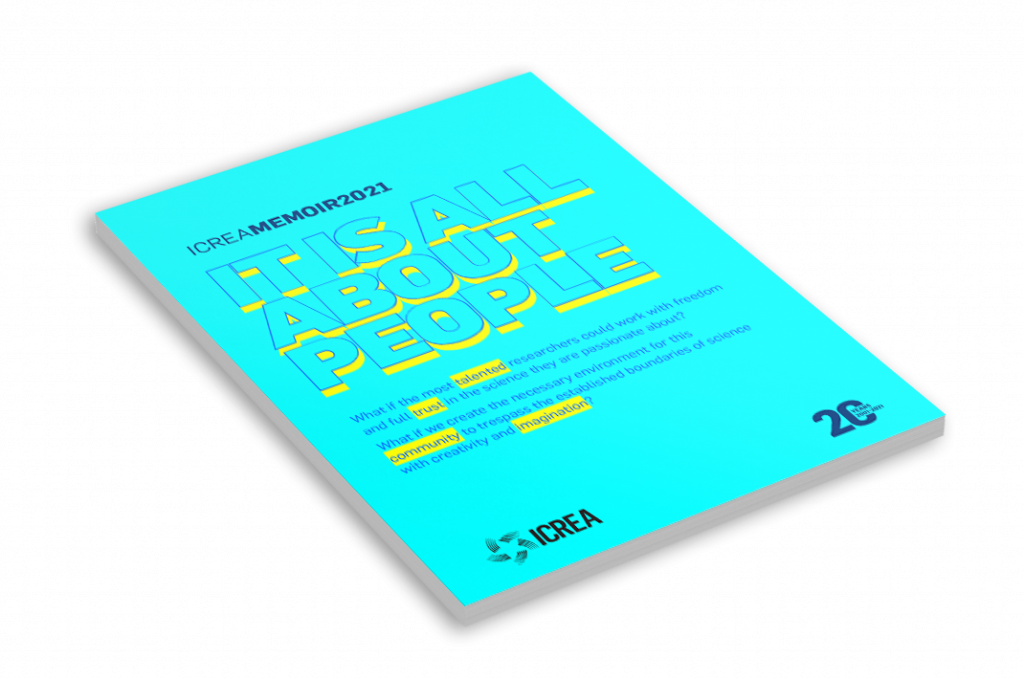Rebekah Clements is an ICREA at the Autonomous University of Barcelona. She completed degrees in law and Asian studies at the Australian National University where she was awarded the University Medal, before obtaining an MA in classical Japanese literature from Waseda University in 2008. She completed her PhD in East Asian History from the University of Cambridge (Trinity College) in 2011. Following her PhD she was a research associate at the Faculty of Asian and Middle Eastern Studies, University of Cambridge, working on the Leverhulme-funded project "Translation and vernacularisation in pre-modern East Asia" (PI: P.Kornicki), and held a junior research fellowship from Queens' College from 2012-2015 where she completed her first monograph, A Cultural History of Translation in Early Modern Japan (Cambridge University Press, 2015). From 2015-2018 she held a lectureship and then an associate professorship at Durham University. She joined ICREA in October 2018.


